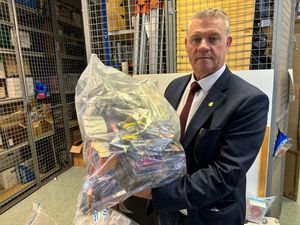What Brits are cutting back on – and how they’d spend the money instead
In today’s convenience-driven market, Brits are spending more for ease, whether it’s ordering groceries online or grabbing a quick lunch. While these habits may seem justifiable, they can add up over time. To explore which costs Brits want to reduce and how they’d use the money saved, Aqua surveyed 2,017 Brits about their spending on convenience.
The Convenience Costs Brits Are Cutting Back On
It is clear Brits want to reduce this way of spending, so Aqua asked if they were able to save £200 from cutting costs of their weekly conveniences how would they opt to use this money?
63% of Brits would prioritise financial security by putting their extra £200 towards building a savings pot (39%) or an emergency fund (24%).
Savings habits differ significantly by age, with only 29% of Gen Z prioritising saving, compared to 46% of those aged 55 and over.
24% would use the money to pay off existing debt, showing a strong desire to reduce financial burdens.
Although the majority would use the money saved to improve their financial status of the past and future, the survey found 20% would put the money towards travel, while 17% would treat themselves with items like clothing, shoes, or electronics.
Sharvan Selvam, Commercial Director at Aqua, shares insights into convenience costs: "When the cost of small, everyday conveniences are combined, they can really add up over time. With nearly 60% of Brits actively trying to cut back on online shopping and takeaway dinners, it’s clear that people are becoming more conscious of these 'convenience costs.'
“To save money, try making a few simple changes.
First, remove your saved credit card info from online stores to make it harder to impulse buy online. For things like entertainment or shopping, make sure to set yourself a monthly budget and decide which items fit into this.
Before buying anything you don’t really need, give yourself 24 hours to think about it to make sure it’s really something that you need or want.
Set automatic payments for your regular bills but pay for subscriptions manually so you can check if you still use them.
Finally, use a budgeting app to track recurring charges and spot any hidden fees, so you can cancel things you’re not using. These small changes can help you cut back on unnecessary spending.”




